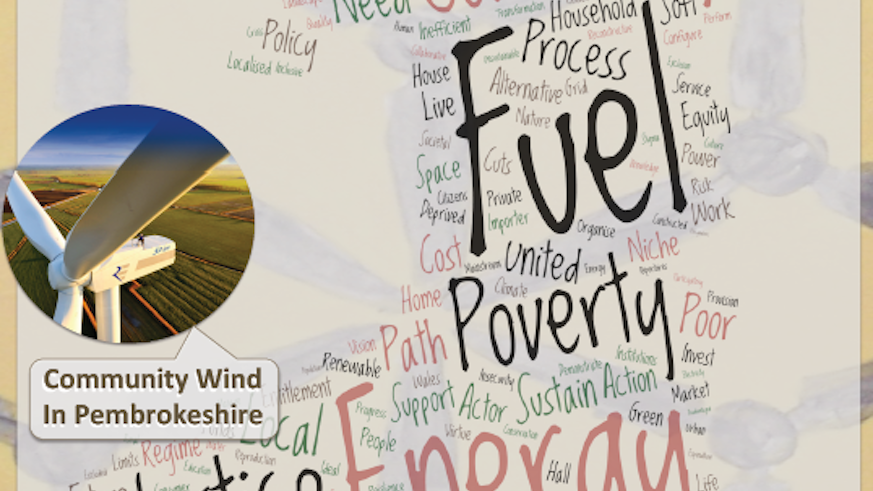Community Energy Initiatives and the Alleviation of Fuel Poverty
13 May 2015

Roughly one third of all households in Wales are estimated to be in fuel poverty. In real terms, this means that around 365,000 households in the country spend more than 10% of their cumulative household income on fuel for energy services necessary to meet their basic needs. In our modern world, access to energy is a precursor to effective partcipation in society whereby it is important to recognise the depth of energy's penetration with respect to the aGainment of fundamental necessities. With this in mind, the predominance of fuel poverty across Wales and the United Kingdom more broadly constitutes a grave social injustice that successive administrations in government have struggled to resolve.
Whilst fuel poverty is known to occur at the intersection between low incomes, high fuel prices, and energy inefficiency in the domestic housing stock, measures aimed at its alleviation have historically tended to focus predominantly on the issues of affordability and efficiency; neglecting a more nuanced pathway emphasising widening energy access. With increasing support for more local energy production to meet the demands of sustainability at the level of government, it remains to be seen whether a complementary approach between existing policies and strengthening energy access, through more localised and partcipatory models of energy production, may yield more progressive outcomes and more fairly distribute both the benefits and burdens of our energy systems.
With an empirical focus on Wales, this research will investigate the role that community energy models, characteristic of the rhetoric of distributed energy systems, play in addressing distributional inequalites like fuel poverty and contribute towards the renegotiation of social justice within energy systems.